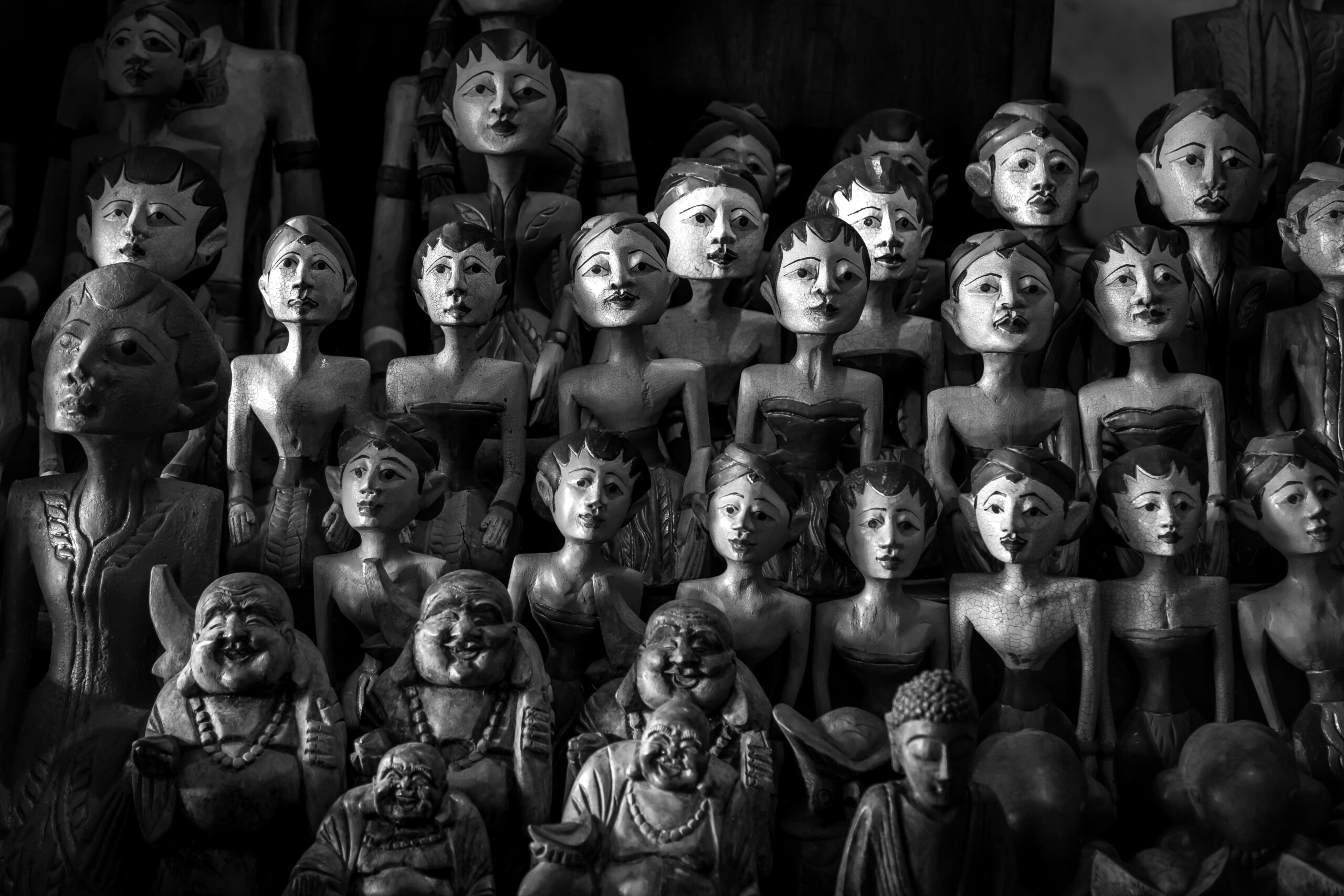Indonesia, September 30, 1965. Taking advantage of an attempted coup against President Sukarno, General Suharto launched an anti-communist political crackdown across the archipelago. Within weeks, Indonesia became the scene of one of the most significant crimes against humanity of the 20th century. Systematic torture and rape, incarceration without any trial, mass deportation to forced labor camps, massacres… Propaganda would turn this “victory” into the founding act of the New Order and, beyond that, one of the key pillars of Indonesian national unity. Despite the emergence of democracy in 1998, these injustices remain unpunished and largely unknown to people around the world.
Few investigations have been conducted. Estimates range from 500,000 to 3 million deaths—a figure that speaks volumes about the work that remains to be done to assess and understand the facts. Indonesia remains a unique case: even today, the perpetrators of 1965 are considered war heroes, while their victims are still seen as “traitors to the nation” and face discrimination.
In November 2015, a symbolic People’s International Tribunal for 1965 was held in The Hague, Netherlands. Although it carried no legal weight, the tribunal nevertheless established the reality of crimes against humanity, for which the Indonesian state is primarily responsible, with the complicity of the countries that supported it in this endeavor.
Should these events be considered genocide?
Under the 1948 Rome Convention, genocide is defined as the deliberate destruction of all or part of a racial, ethnic, or religious group. By this standard, many researchers have been reluctant to apply the term to the Indonesian massacres, arguing that the violence was politically motivated—targeting individuals for their (real or perceived) ties to the Indonesian Communist Party (PKI), not for their ethnic identity. But this interpretation is being questioned. A new generation of scholars points to parallels with Cambodia, where the Khmer Rouge’s mass killings were eventually recognized as genocide by the United Nations, despite their political motivations. That precedent has reopened the conversation and pushed for a broader understanding of what constitutes genocide.


